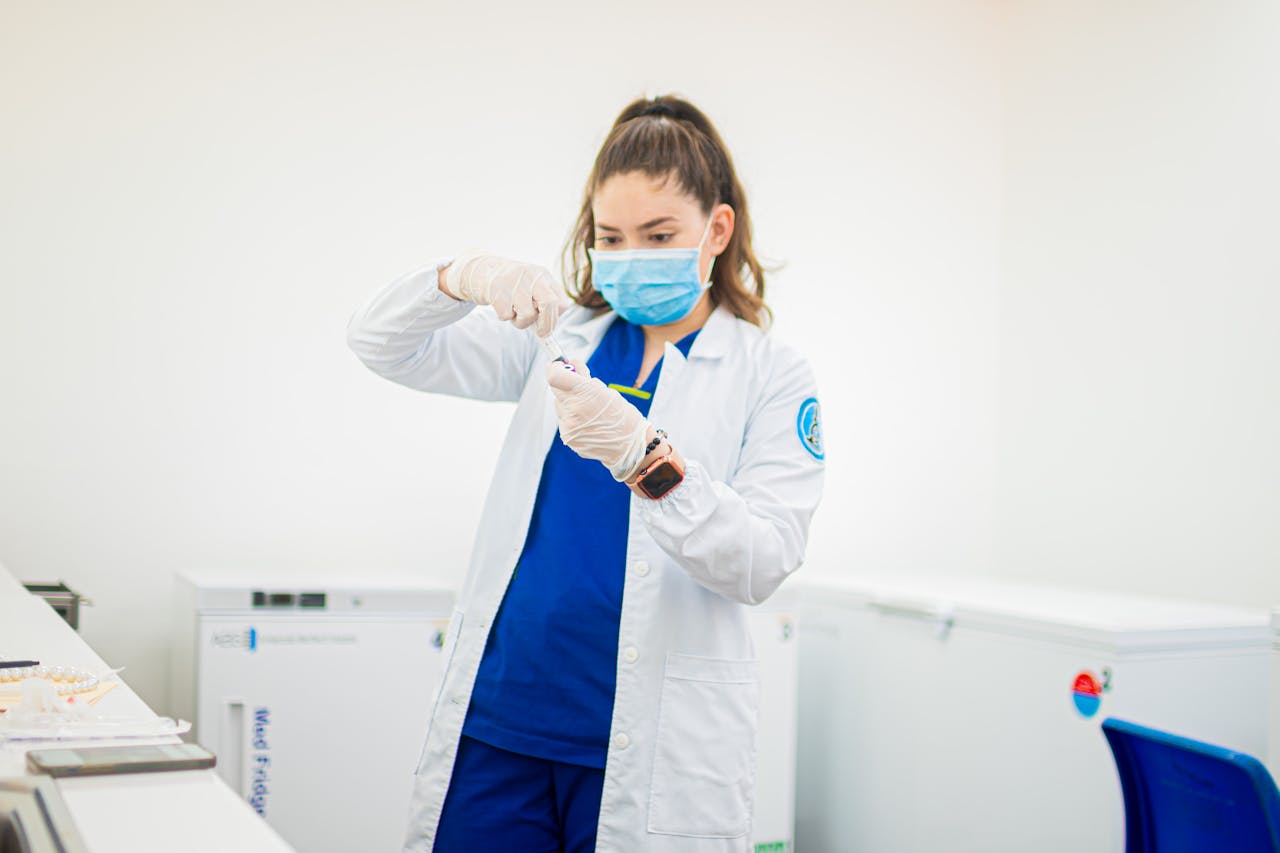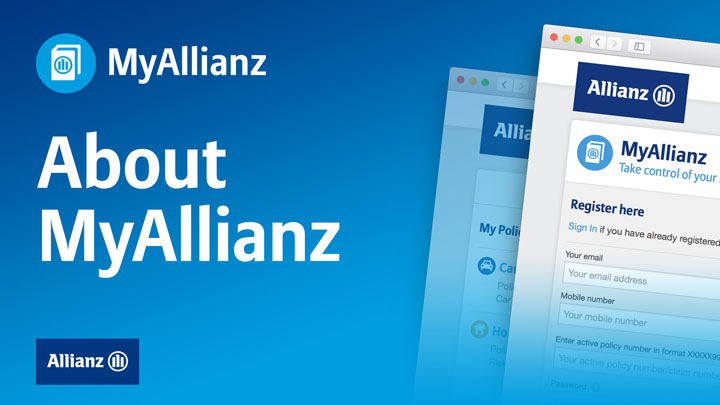OSHCstudents – If you get sick, and it’s not an emergency, your general practitioner or ‘GP’ is often your first point of contact. Let’s take a look at how to find a GP, understand what a consultation can include, as well as what it might cost you.

Let’s start by breaking down what’s involved in a doctor visit, including making sure you’ve got the right GP for your needs, that you’re aware of the possible costs involved, and you have an idea of what to expect at your appointment or consultation.
Choosing a doctor
Your GP can play an important role in your health and care journey throughout life, so it’s worth taking the time to find one that you like. Some of the things you may want to consider include:
-
Finding someone you feel you can trust, so recommendations from friends and family can be helpful
-
The location of the doctor’s office (or practice)
-
Opening hours, such as extended weeknight, or even weekend hours
-
Your preferences, e.g. if you would prefer a male or female GP
Paying for your appointment
Who pays?
Under Medicare, all Australian citizens and permanent residents have access to free or subsidised healthcare.
In the case of a GP appointment, it might be covered in full (called bulk billing), or subsidised (private billing).
Bulk billed means the doctor will bill Medicare directly for the cost of your consultation, and there is no cost to you – except for some vaccines not covered by the MBS.
Privately billed means that you will need to pay for the total cost of your appointment upfront, and then claim a rebate from Medicare. Some GPs can process the claim for you but you will need to wait for Medicare to pay the rebate.
Operating as a private business, some GPs set their own fees based on what they believe is reasonable for their services. Some GPs follow the Australian Medical Association’s suggested fees for the cost of a GP consultation, which are higher than those on the Medicare Benefits Schedule(MBS). In this case there will be an out-of-pocket expense, or gap, that you pay even with the rebate from Medicare.
Find out more about the Medicare Benefits Schedule and what’s covered.
Paying for medical services outside hospital
When you’re investigating a health issue with your GP or a specialist doctor, you may need tests to identify or understand your condition. The costs of any tests may be on top of the fee you’re charged for your GP or specialist visit. It’s a good idea to ask your doctor about the cost of any test before getting it done.
Medicare may pay part of the cost of some medical services outside of hospital (including GP visits and tests).
It’s important to know that, by law, private health insurance doesn’t cover any medical services unless you’re admitted to hospital.
Getting the most out of your appointment
You often don’t have much time with your GP, so it’s best to be prepared to make the most of the appointment.
-
If you think you’ll need more time, make sure you book this with the receptionist before your appointment so you don’t feel rushed
-
It’s important that you ask your GP questions if you don’t understand any instructions, or feel uncomfortable with a recommended course of treatment
-
It can be helpful to take a friend or relative with you to your appointment, as they can think of questions you may forget
-
Take some notes before you go about your symptoms and experiences, and don’t be afraid to refer to them
Sometimes, your GP may decide your condition needs treatment they can’t provide, and may refer you to a specialist.
If that happens, it might be helpful for you to ask your GP:
-
Why a specialist is required
-
Whether there are other services that could support you, such as allied health providers like physiotherapy, psychology, or other health programs
If you decide to see a specialist, remember that you have the choice of which specialist you’d like to see. When your GP is writing you a referral, you’re entitled to ask to be referred to a specific specialist, or you can to ask for an open referral. An open referral means that you can choose any specialist you like.
You are international students or foreigners arrive to Australia, or Australian citizens traveling abroad who are looking for OSHC, OVHC, travel insurance, please contact OSHCstudents Team at email: info@oshcstudents.com and our partners for further information and assistance.
OSHCstudents (source: Bupa)














